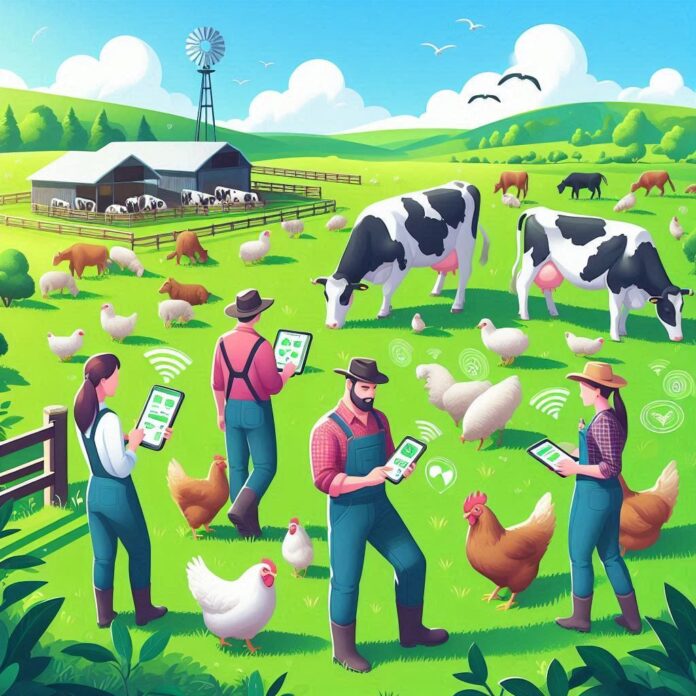Role of Veterinarians & Livestock Sector for “Viksit Bharat@2047”
Dr.Mallampalli Saibutcharao, Asst.Director (AH),Area Veterinary Hospital,Jeelugumilli
Abstract:
As India strives for holistic development by 2047, the livestock sector and veterinarians play pivotal roles. Livestock contributes significantly to India’s economy and food security, but faces challenges like zoonotic diseases, climate change, and antimicrobial resistance. Veterinarians, as guardians of One Health, ensure animal health, protect public health, and maintain environmental harmony. This article highlights the significance of Veterinarians in sustainable development, emphasizing the need for holistic approaches to zoonotic disease management, food security, and environmental conservation.
Introduction
Livestock has been an integral part of Indian culture and economy, providing sustenance, employment, and economic growth. With India’s growing population and changing lifestyles, the livestock sector’s importance expands. Veterinarians are crucial in addressing challenges and ensuring sustainable development.
Challenges Facing the Livestock Industry
- Zoonotic diseases (60% of current diseases)
- Climate change and biodiversity threats
- Land availability and food security
- Antimicrobial resistance (AMR)
- Encroachment into forested areas
Role of Veterinarians
- Zoonotic disease management (e.g., rabies, influenza)
- Foodborne disease prevention
- Environmental pollution mitigation
- Climate change and health
- Animal welfare and behavioural health
Veterinarians as Guardians of One Health
Veterinarians protect public health, directly and indirectly, ensuring:
- Safe food production
- Disease prevention
- Environmental conservation
Sustainable Development and Livestock
Livestock will play a crucial role in maintaining resilient food security. Strategies include:
- Organic agriculture
- Cow-based agriculture
- Environmental conservation
Conclusion
Veterinarians and the livestock sector are vital for India’s holistic development. Embracing One Health approaches and addressing challenges will ensure sustainable growth.
Recommendations
- Enhanced collaboration between veterinarians, policymakers, and stakeholders
- Integrated approaches to zoonotic disease management and food security
- Increased investment in veterinary research and development
- Promotion of sustainable livestock production practices
- Global coordination to address antimicrobial resistance
References:
– World Health Organization (WHO). (2022). Antimicrobial Resistance.
– Food and Agriculture Organization (FAO). (2022). The Role of Livestock in Food Security.
– World Organisation for Animal Health (OIE). (2022). One Health.


